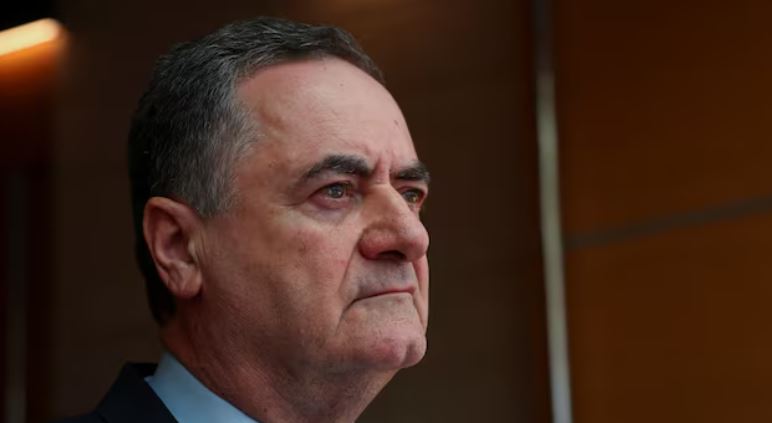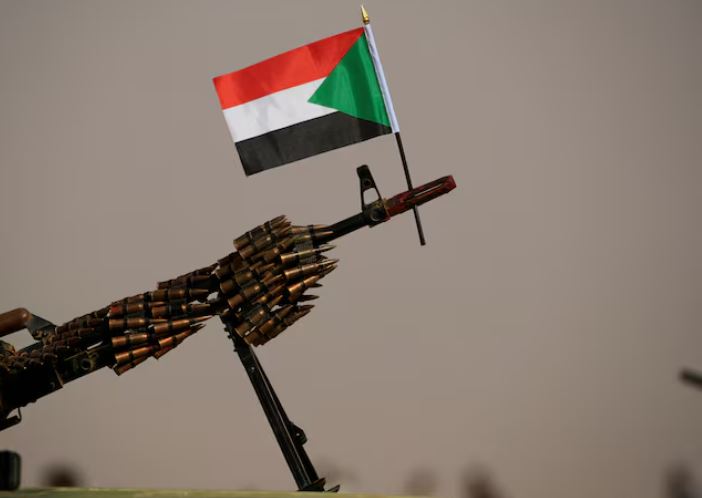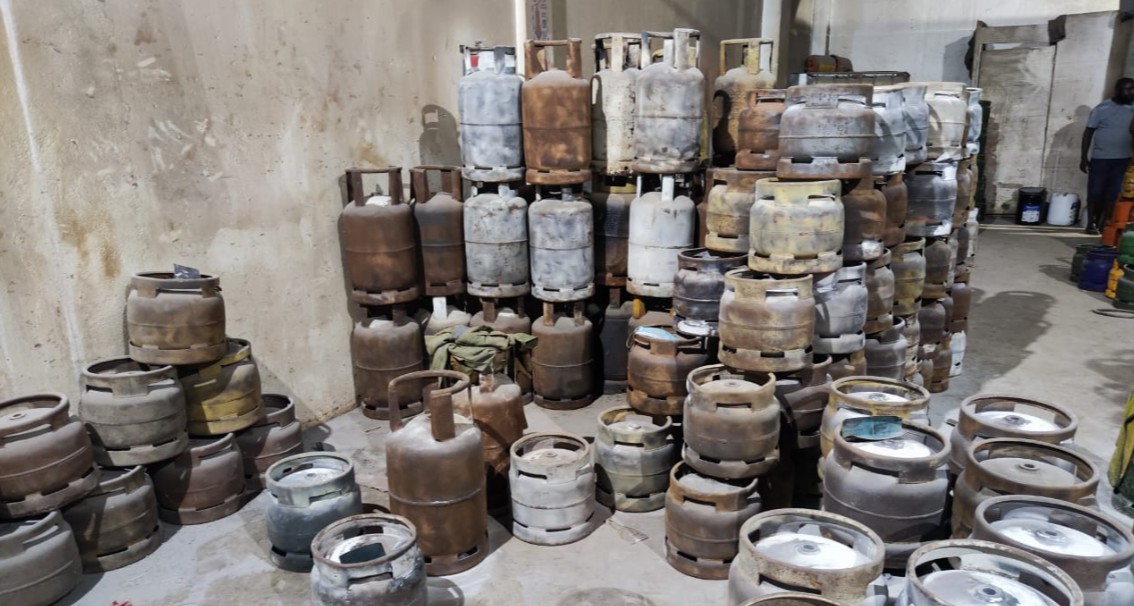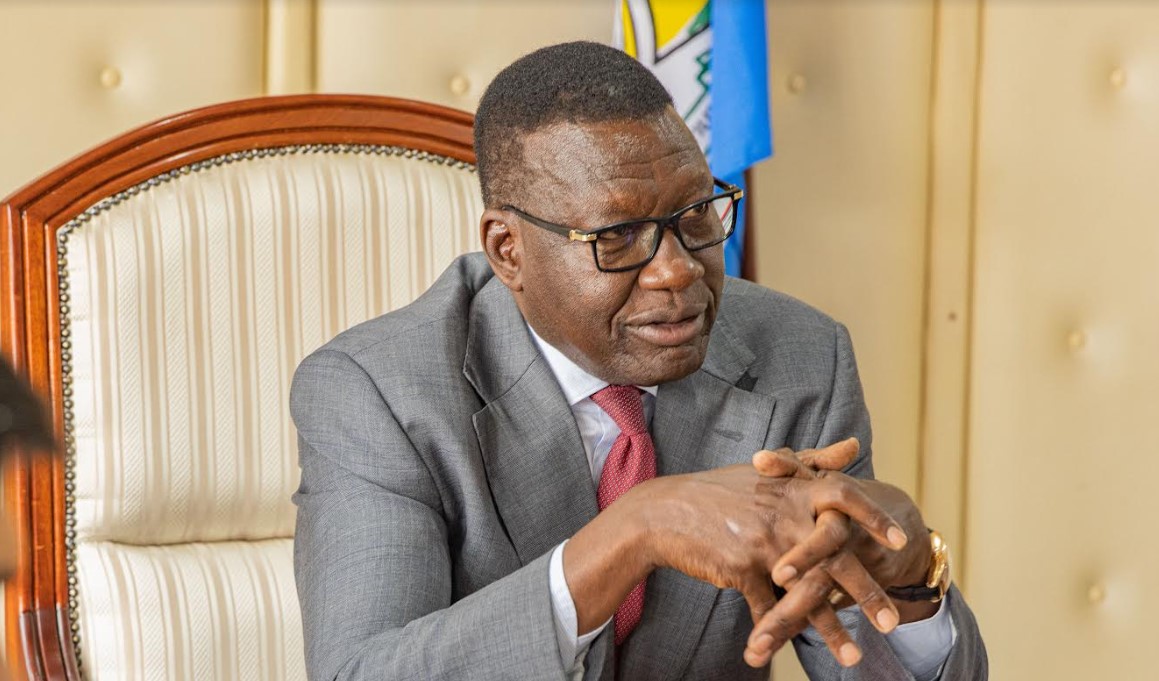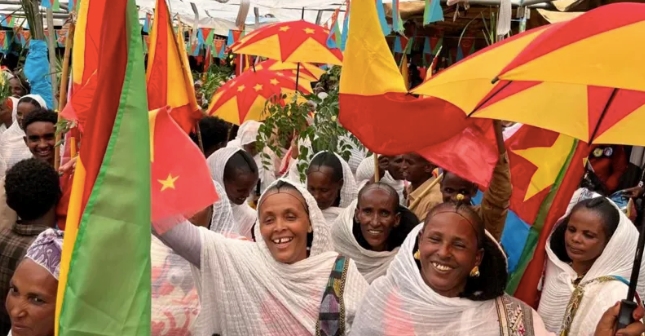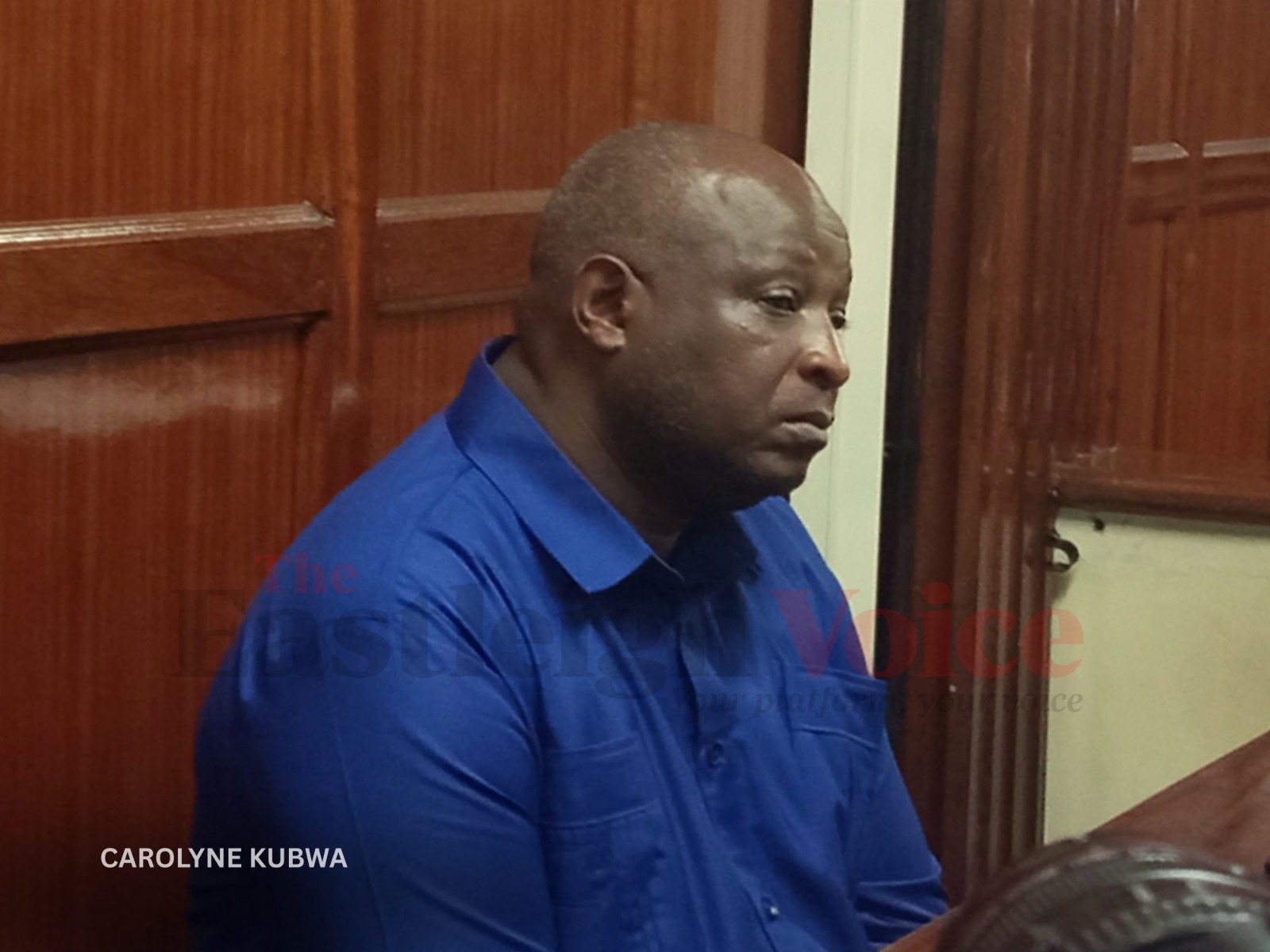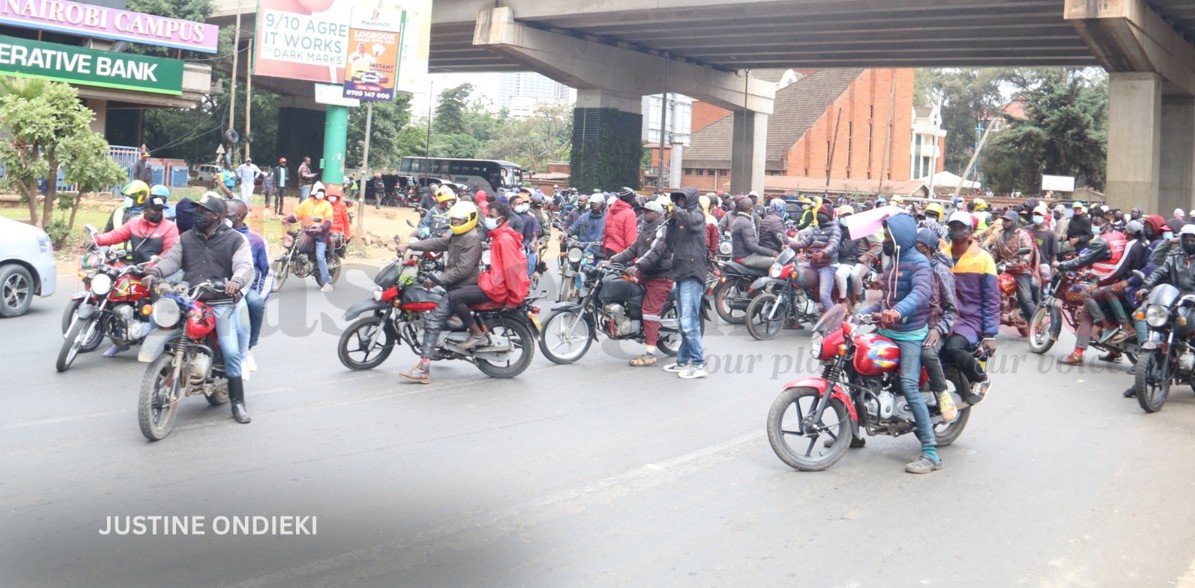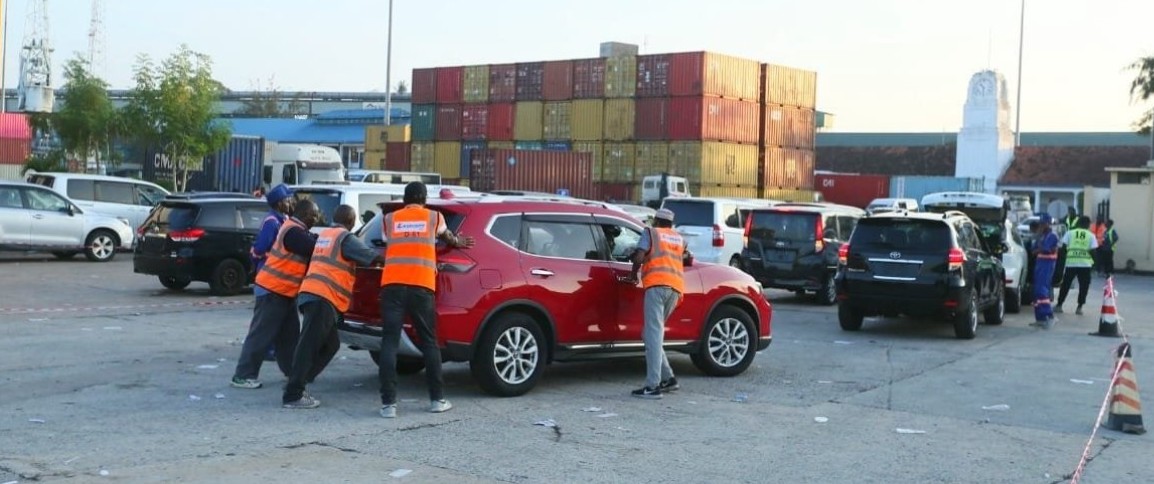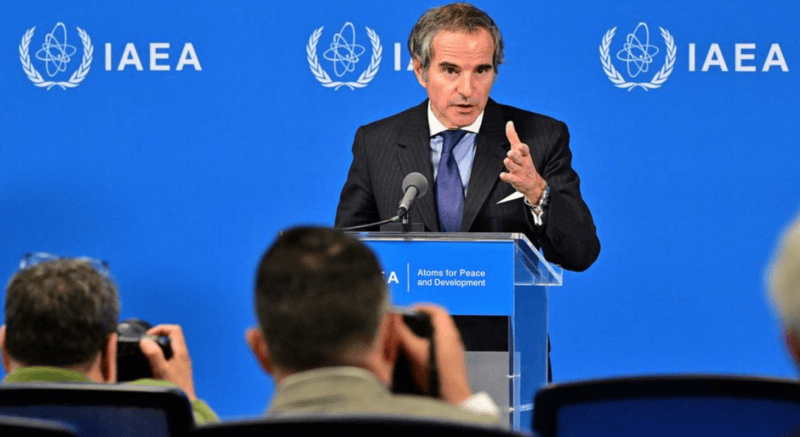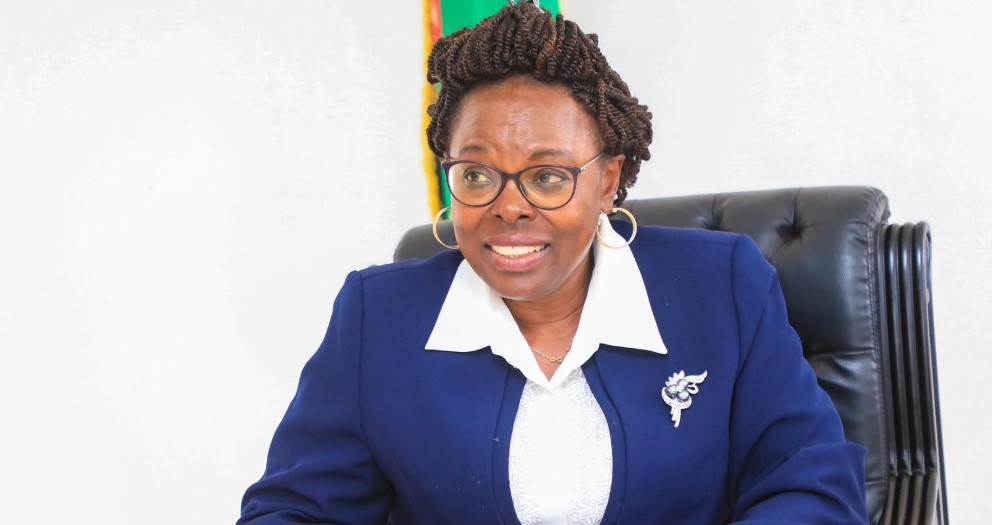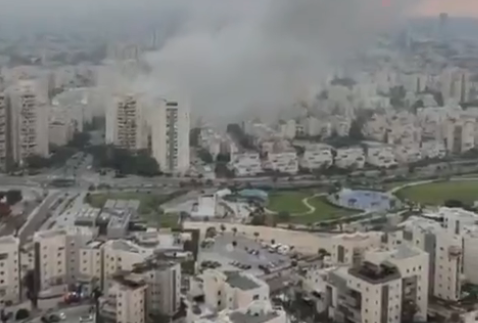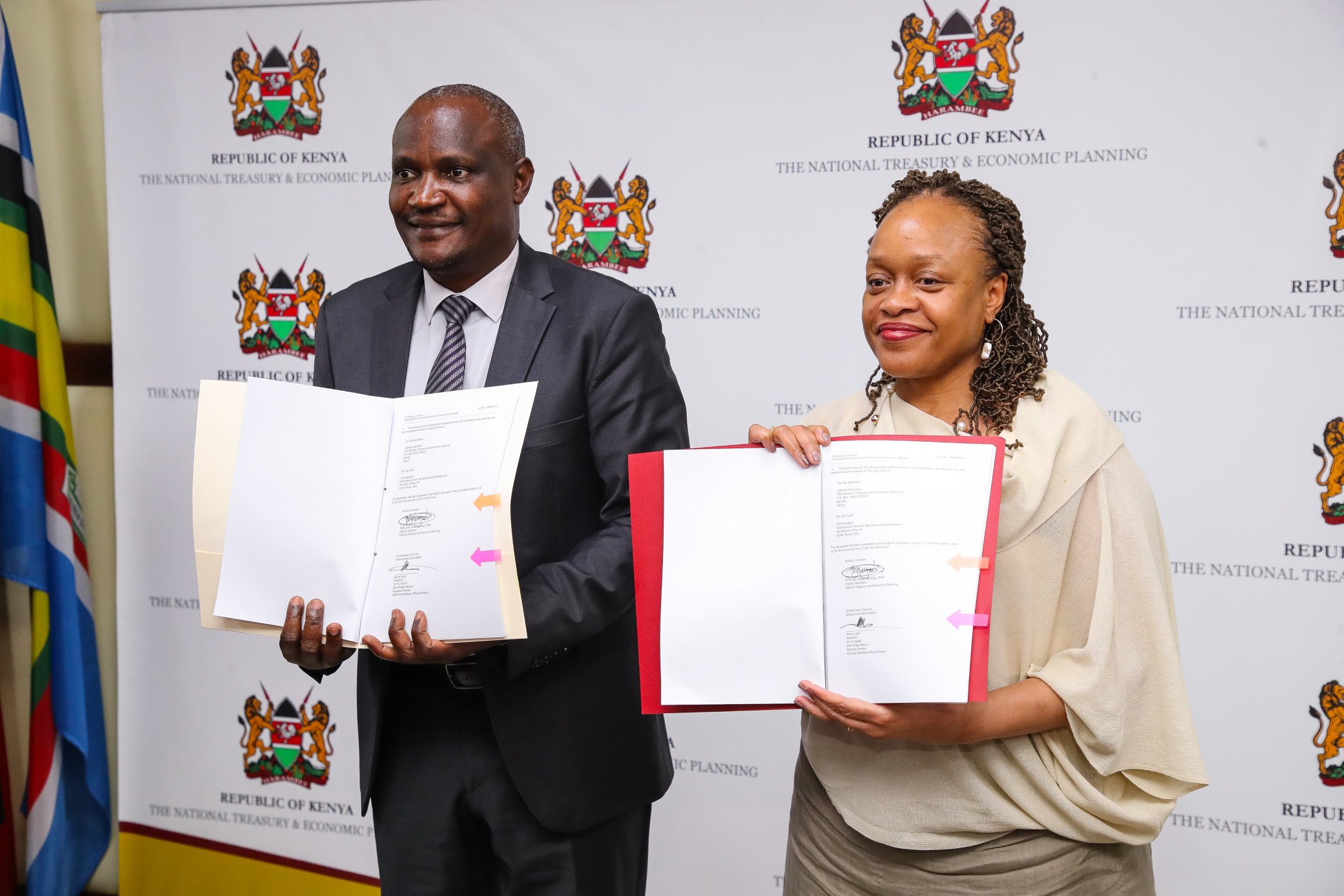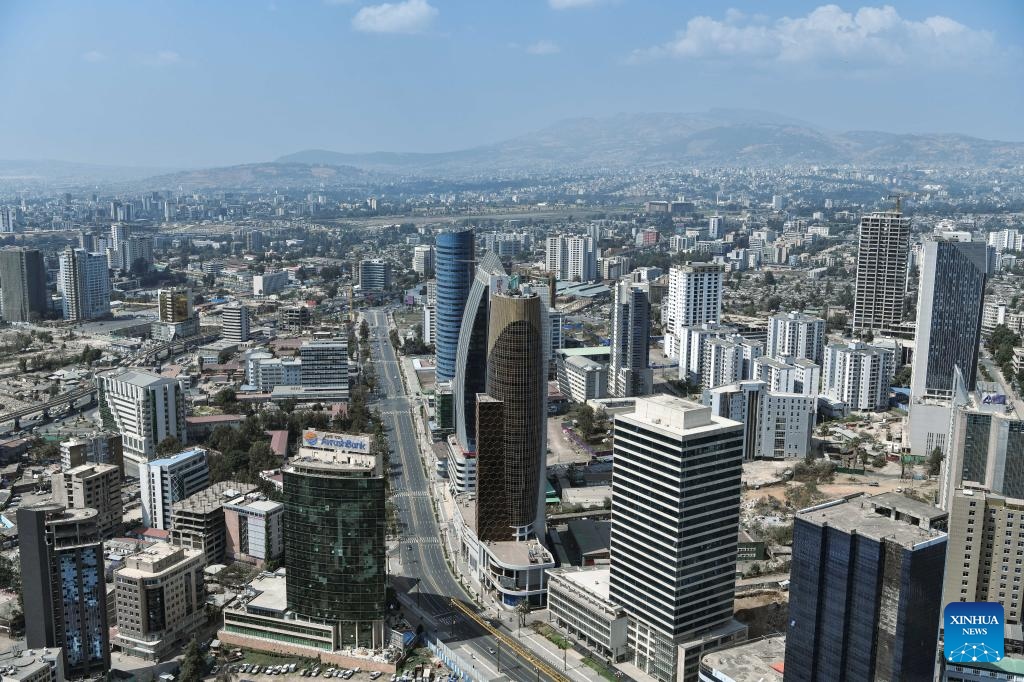Tanzania’s digital dissenters face crackdown as election nears

Over the weekend, police in Arusha detained Jackson Kabalo, 32, and Joseph Mrindoko, 37, accusing the two content creators of "improper use of social media."
As Tanzania prepares for its October General Election, the government of President Samia Suluhu Hassan is intensifying its clampdown on dissent, this time turning its attention to YouTubers.
Over the weekend, police in Arusha detained Jackson Kabalo, 32, and Joseph Mrindoko, 37, accusing the two content creators of "improper use of social media."
More To Read
- East Africa Law Society relocates 30th annual conference from Zanzibar to Addis Ababa
- UN sounds alarm over Tanzania’s "shrinking democratic space"
- Mudavadi's visa warning to Kenyan youth sparks social media storm
- Tanzania bars opposition leader Godbless Lema from entering Kenya
- Tanzania blocks social media platform X over pornographic content
- Philanthropist Mo Ibrahim slams Tanzania, Uganda over crackdown on critics
Their channel, Wachokonozi—loosely translated as "The Provokers"—has gained attention for its candid political talk shows, often touching on sensitive issues such as public debt, accountability, and democratic backsliding.
What might have passed for digital civic engagement elsewhere has become a legal minefield in Tanzania.
According to the Tanganyika Law Society, the arrest was carried out in murky circumstances. Its president, Boniface Mwabukusi, condemned the operation, alleging that the plainclothes officers involved refused to show identification and forcibly restrained the two men.
"Art is not a crime," he said in a statement. "Criticising a leader or pointing out the failures of a government is not sedition—it is a constitutional right."
But the arrests are part of a wider pattern. CHADEMA, the main opposition party, has been barred from participating in the elections, and its leader, Tundu Lissu, remains in custody on treason charges—an unbailable offense punishable by death.
The political temperature in Tanzania is rising, and so is concern among rights groups.
While President Samia was once hailed for her more conciliatory tone after taking office in 2021, her administration appears increasingly intolerant of dissenting voices, particularly those that resonate online with the country's young, urban electorate.
In an age where politics is often mediated through digital platforms, silencing YouTubers is not just about suppressing criticism—it's about closing one of the last open arenas of political discourse.
And with October fast approaching, that arena is shrinking quickly.
Top Stories Today
